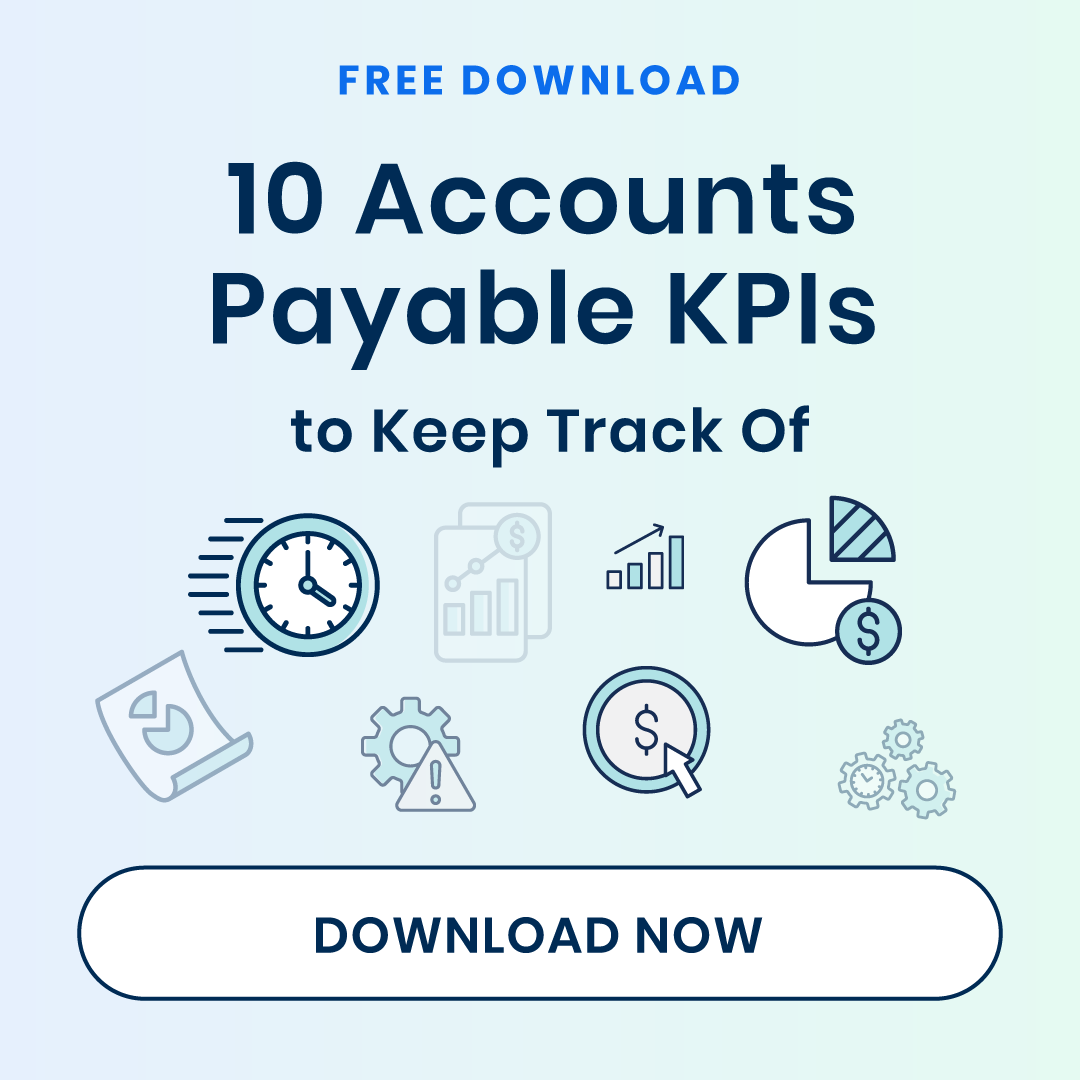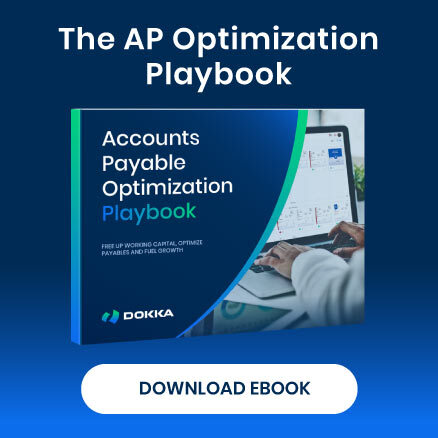For modern accounting teams, it’s all about simplifying processes, reducing manual errors, and ensuring everything gets done on time. That’s why many turn to accounting automation tools to handle repetitive tasks, improve accuracy, and provide real-time visibility into workflows.
These software solutions are a game-changer for collaboration and compliance, freeing up finance professionals to focus on strategic priorities.
Among the top players in accounting automation, BlackLine has become a go-to solution for enterprises looking to streamline their financial close processes.
What does BlackLine offer, and how much does it cost? Let’s dive into the details.
Quick Overview of BlackLine Pricing
BlackLine operates on a subscription-based pricing model, with costs determined by a company’s size, scope of operations, and the number of modules required. With BlackLine’s wide range of modules and add-ons, costs can quickly add up.
Like many enterprise software solutions, BlackLine does not publicly disclose pricing details, opting instead for a custom-quote approach tailored to each client’s specific needs.
For teams seeking a more affordable alternative, DOKKA Close offers a viable option—particularly for mid-sized finance teams looking to strike a balance between automation and cost-effectiveness.
BlackLine Pricing Breakdown
BlackLine’s comprehensive financial close suite is tailored for large and mid-sized organizations with complex financial operations. Its pricing reflects the breadth and depth of its features, which can be bundled or purchased individually.
Here are the key modules that influence BlackLine’s pricing:
- Account Reconciliations: Automates and standardizes the reconciliation process to reduce errors, improve efficiency, and track reconciliation status in real time.
- Task Management: Centralizes and organizes workflows to enhance collaboration and transparency.
- Journal Entry Automation: Streamlines and automates journal entry posting, eliminating manual processes.
- Transaction Matching: Accelerates the process of matching high volumes of transactions—such as bank-to-book or credit card statements—by automating comparisons and highlighting discrepancies.
- Account Analysis: Delivers actionable insights into account performance, helping teams identify anomalies, trends, and opportunities for improvement.
Each module’s cost is influenced by factors such as the complexity of implementation, the number of users, and the level of customization required.
BlackLine Pricing Models
BlackLine uses a customized subscription pricing model, typically requiring an annual commitment. Key factors influencing its pricing structure include:
1. Subscription Tiers
BlackLine primarily serves medium-to-large enterprises. Pricing varies significantly based on company size, with organizations requiring more licenses, integrations, and advanced features paying a premium.
2. Scalable Modules
BlackLine’s modular design allows companies to select and pay only for the features they need. While this provides flexibility, it can also lead to increased costs as businesses scale and require additional functionality.
3. Implementation Services
BlackLine’s onboarding process is thorough, often involving extensive implementation timelines. This ensures seamless integration into existing systems but may incur additional fees for training and consulting services.
Custom Pricing Considerations
BlackLine’s pricing is highly personalized and depends on several factors:
- Company size and complexity: Enterprises with intricate financial structures or multinational operations often require more robust implementations, increasing overall costs.
- Number of users: The subscription fee scales with the number of licensed users, making it essential to assess team size during the purchasing decision.
- Integration needs: Custom integrations with ERP systems or other software solutions can contribute to additional costs.
- Add-ons and support: BlackLine offers premium support options, advanced analytics, and extra features that can be bundled into the subscription for an additional fee.
BlackLine Alternatives
Businesses seeking alternatives to BlackLine will find a variety of financial close solutions tailored to different needs and budgets. Each solution has its strengths, so understanding your team’s specific requirements and budget is key to selecting the best fit.
While some options, like FloQast, focus heavily on workflow management and collaboration, others—such as OneStream, Trintech, and BlackLine itself—offer more advanced and complex automation capabilities. However, these solutions typically come at a higher price point and may require longer implementation times.
For teams seeking a balance between automation and affordability, DOKKA Close stands out as a notable alternative. It offers a streamlined, cost-effective solution for automating the financial close process, making it an appealing option for mid-sized finance teams.
Feature Comparison
BlackLine offers a comprehensive suite of tools designed for larger, more complex organizations, while DOKKA provides an affordable and streamlined option for mid-sized teams that want to achieve robust automation and improve their close processes without the heavy financial and time commitments.
- BlackLine is ideal for larger enterprises with complex financial operations that require comprehensive automation and customization across various financial processes. However, it comes at a higher cost and requires more time for implementation.
- DOKKA offers a more affordable and user-friendly solution, focusing on automating document processing and reconciliation for mid-sized teams. It’s perfect for businesses that need automation without the hefty price tag or lengthy implementation timeline. Additionally, DOKKA is the only solution that brings together accounts payable and financial close automation within a single platform.
Choosing the Right Financial Close Automation Solution
Selecting the best financial close automation tool begins with evaluating your organization’s size, budget, and specific needs. While BlackLine’s comprehensive suite makes it a strong choice for large enterprises with complex requirements, smaller teams may find its pricing and implementation timeline less appealing.
For those seeking an efficient, budget-friendly alternative, DOKKA Close offers:
- AI-Powered Automation: Leverage proprietary AI technology to streamline workflows.
- Unified Platform: Combine AP and financial close automation to improve data integrity and reduce duplication.
- Cost-Effectiveness: Access advanced features without the high costs associated with enterprise-grade solutions.
- Quick Setup: Start using the platform in weeks, rather than months.
Key Takeaway: Finding the Right Fit
While BlackLine is a top-tier solution for financial close automation, its cost and complexity may not suit every organization—especially smaller teams. By exploring alternatives like DOKKA Close, companies can find a balance between functionality, cost, and ease of use, ensuring they select a platform that aligns with their long-term goals and operational needs.
Disclaimer:
All information presented about third-party products, pricing, or features is based on publicly available sources at the time of writing and is intended for general informational purposes only. DOKKA makes no representations or warranties regarding the accuracy, completeness, or currentness of competitor data. All trademarks and brand names are the property of their respective owners.
We encourage readers to verify details with the respective vendors before making any purchasing decisions.




